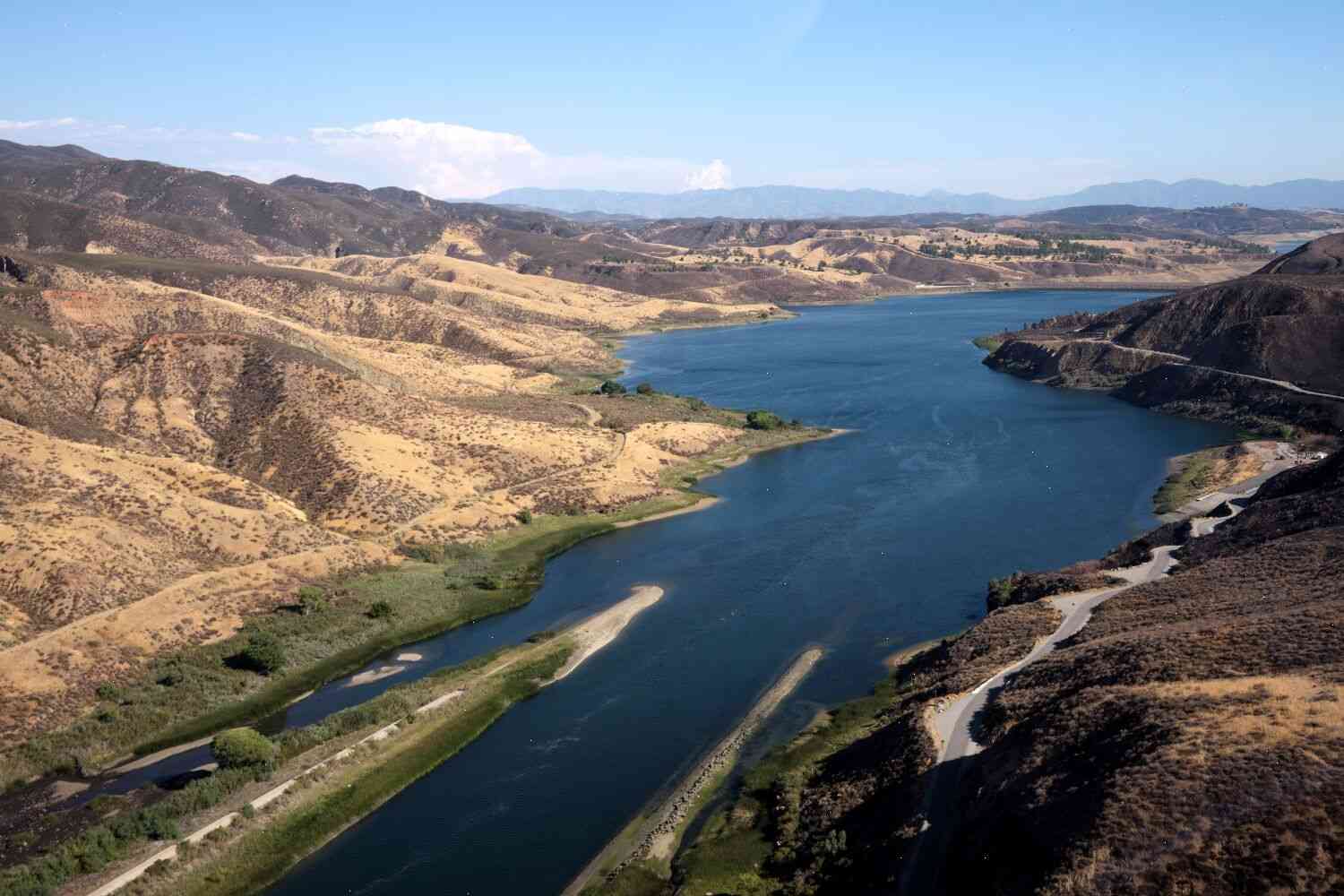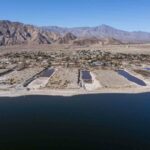Los Angeles is running out of water, and time. Are leaders willing to act?
This April, Los Angeles Mayor Eric Garcetti, in anticipation of the impending arrival of the first “wet” snow of the season, announced his intention to begin collecting a monthly “snow water” tax — which will generate about $200,000 annually for “ancillary water conservation work” and a $25 million bond for water conservation improvements. According to news reports, the tax would apply to “all residents” of the city and is projected to generate enough money to cleanse more than 5,000 Olympic-sized swimming pools — which, given the size of the city, equates to the daily water demands of more than 7 million people.
But this $25 million figure is a mere drop in the bucket. Garcetti’s office said the tax would generate an additional $5.5 million annually for this year’s bond.
The city is not alone in facing a water crisis: An International Monetary Fund study found that over the past year, water shortages in 20 of the 33 cities it studied “could become a growing problem” due to climate change, combined with “impacts of population growth and economic stagnation.” This could lead to water shortages that would be worse than the shortages faced by Los Angeles, a city that already experiences frequent water outages during the growing season, when more intense drought conditions are expected.
The city’s inability to meet water demands is a problem of both political and technological origins.
The political origins begin with its residents. While Los Angeles and its environs may not be the most populous cities in America, its population is now larger than that of many countries, all of which must provide water for their citizens. In fact, residents of Los Angeles produce over 40 percent of America’s water – even though Los Angeles produces less water, on average, than its surrounding cities.
California does not have a water crisis. But, like in every other industrial, agricultural and environmental disaster, the political and media institutions involved created a problem that was of their own making.
How did this happen? How did a city like Los Angeles, whose water resources are vast, have so many politicians on the payroll that they have created public water service without any regard for the consequences, particularly the political consequences?
The







